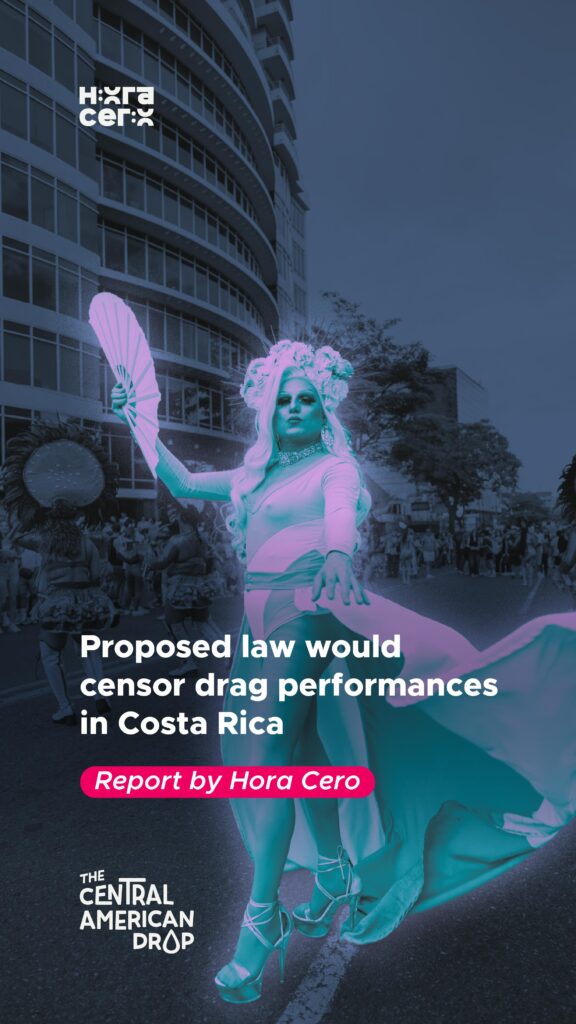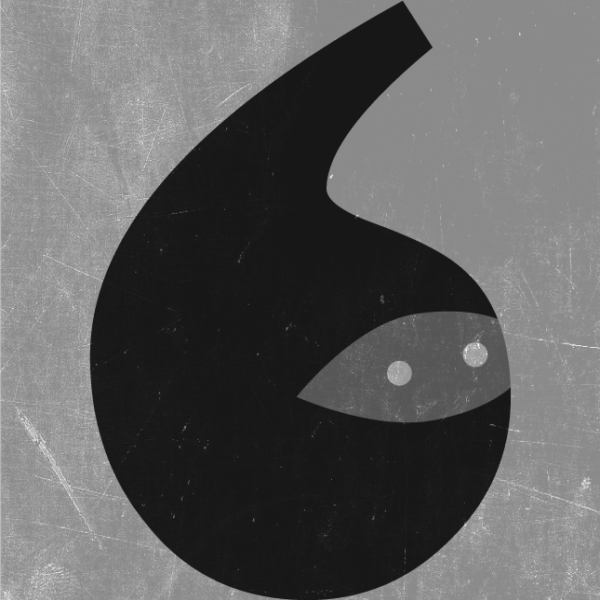
A deputy from the New Republic Party, Fabricio Alvarado, proposed a law that criminalizes drag if minors are present. The penalty would be two to four years in prison.
Under further inspection, this initiative is not about «protecting children,» as the bill claims. What it seeks is to censor and suppress dissident expressions, to erase from public spaces anything that doesn’t fit into a conservative, religious, and heterosexual vision.
Through this kind of law, it is clear that Fabricio Alvarado is a threat to human rights in 2025.
This proposal seeks to ban drag shows at public events, even if they are not aimed at children. According to the proposed law, it is argued that these shows could «arouse sexual passions». This is an absurd and dangerous narrative that criminalizes art and reinforces prejudices.
Criminalizing drag doesn’t protect but rather denies the possibility of growing up in a diverse society, where there are many ways to be, love, and express oneself. This law would be a brutal setback for human rights: it violates freedom of expression, limits access to culture, and criminalizes bodies that have historically been marginalized and discriminated against. Let us not forget about the wave of hate crimes committed against the dissident community in Costa Rica.
The Pride march in Costa Rica made it clear: Drag performances are a tool of expression, resistance, and social transformation that aims to challenge stereotypes, celebrate identities, and enrich culture. It’s an art form that combines theater, makeup, music, criticism, and celebration. It is also an identity.
We already know that these kinds of initiatives do not occur in isolation. They’re part of a global wave of legislation based on fear.
Beyond the ideological consequences, this proposal forces us to question how far a criminalizing law can go and what role the state should play in the face of culture and diversity. Because if a democracy does not guarantee the right to free expression, it’s not just art that’s at risk: it’s all of our fundamental rights.

| Cookie | Duración | Descripción |
|---|---|---|
| cookielawinfo-checkbox-analytics | 11 months | This cookie is set by GDPR Cookie Consent plugin. The cookie is used to store the user consent for the cookies in the category "Analytics". |
| cookielawinfo-checkbox-functional | 11 months | The cookie is set by GDPR cookie consent to record the user consent for the cookies in the category "Functional". |
| cookielawinfo-checkbox-necessary | 11 months | This cookie is set by GDPR Cookie Consent plugin. The cookies is used to store the user consent for the cookies in the category "Necessary". |
| cookielawinfo-checkbox-others | 11 months | This cookie is set by GDPR Cookie Consent plugin. The cookie is used to store the user consent for the cookies in the category "Other. |
| cookielawinfo-checkbox-performance | 11 months | This cookie is set by GDPR Cookie Consent plugin. The cookie is used to store the user consent for the cookies in the category "Performance". |
| viewed_cookie_policy | 11 months | The cookie is set by the GDPR Cookie Consent plugin and is used to store whether or not user has consented to the use of cookies. It does not store any personal data. |